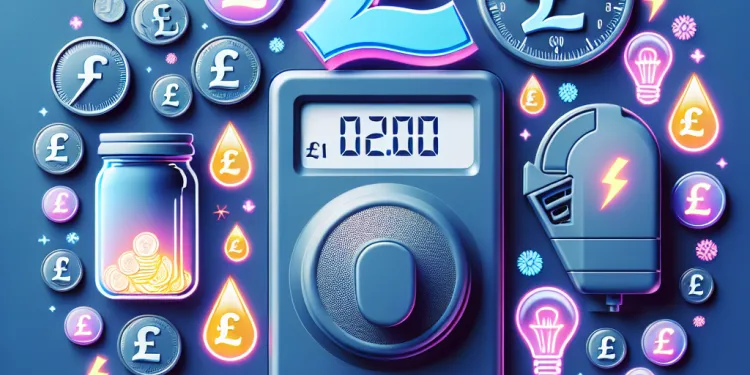
Find Help
More Items From Ergsy search
-
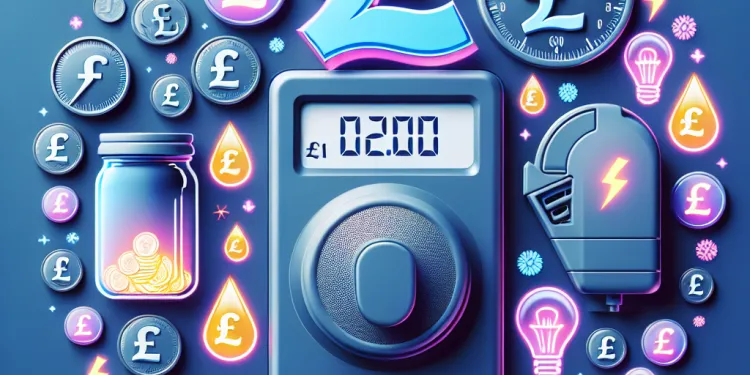
Does the energy price cap apply to prepayment meters?
Relevance: 100%
-
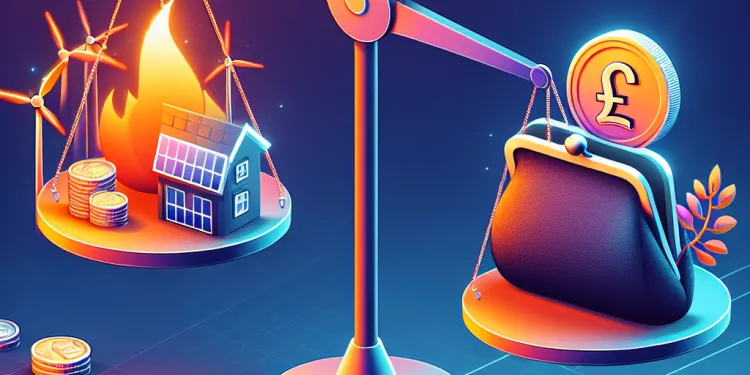
Is the energy price cap the same for everyone?
Relevance: 72%
-
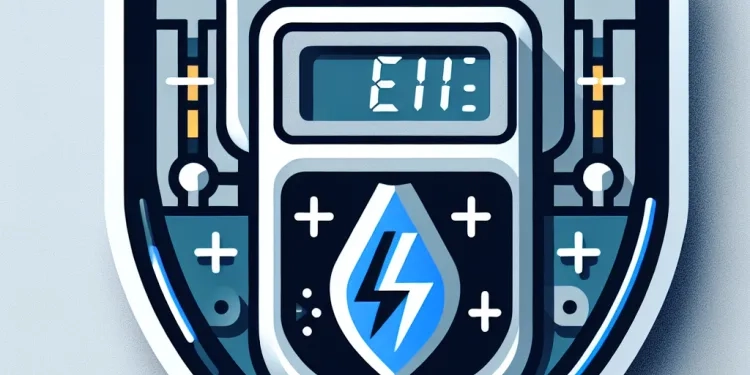
Does the energy price cap apply to all energy tariffs?
Relevance: 72%
-
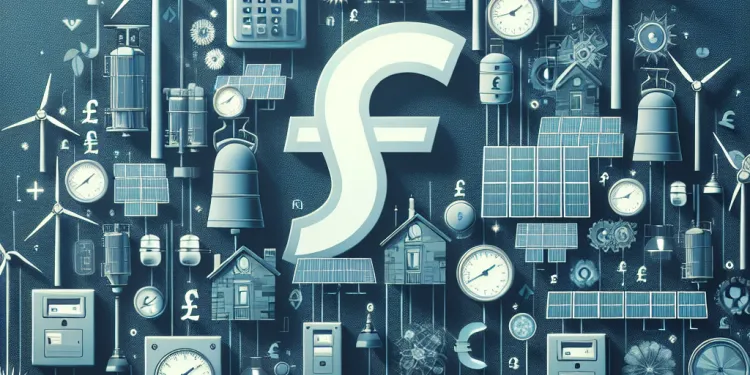
How is the energy price cap calculated?
Relevance: 64%
-
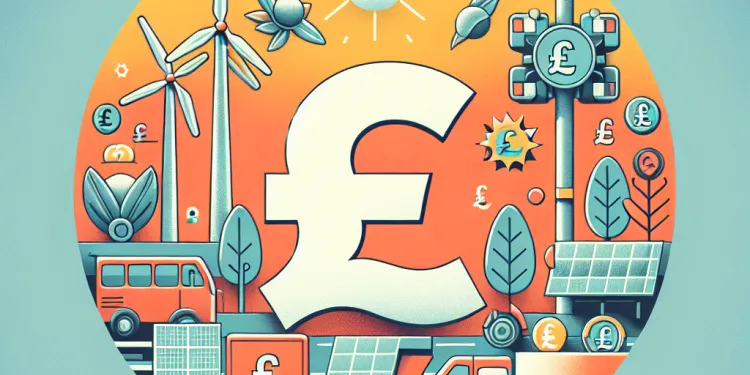
What is the Energy Price Cap in the UK?
Relevance: 63%
-
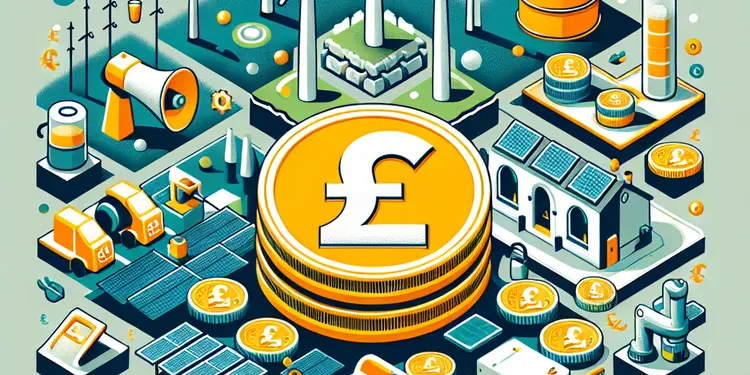
What is the UK's energy price cap?
Relevance: 63%
-
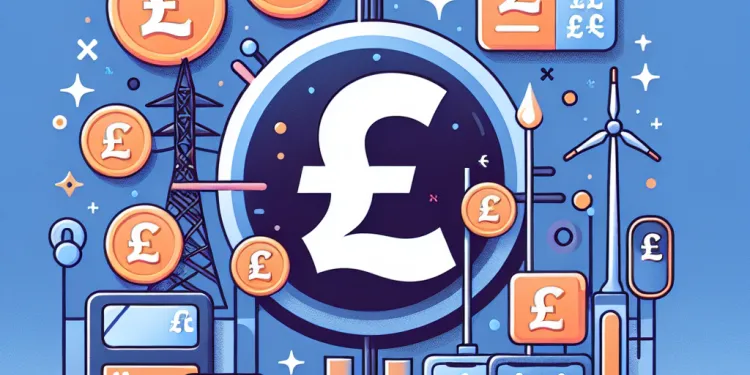
Why was the energy price cap introduced?
Relevance: 62%
-
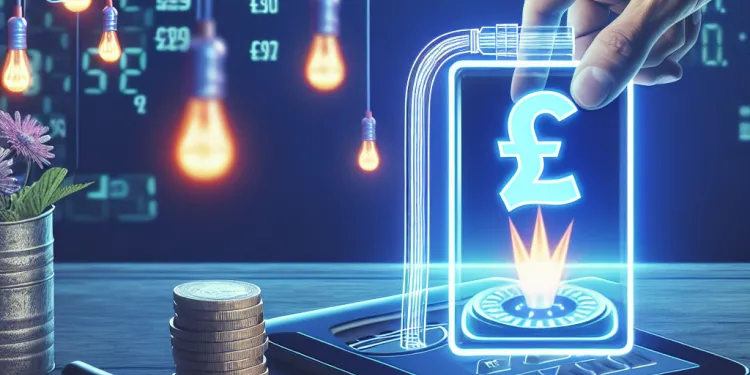
Can the energy price cap go down as well as up?
Relevance: 59%
-

Does the energy price cap guarantee my total bill?
Relevance: 57%
-
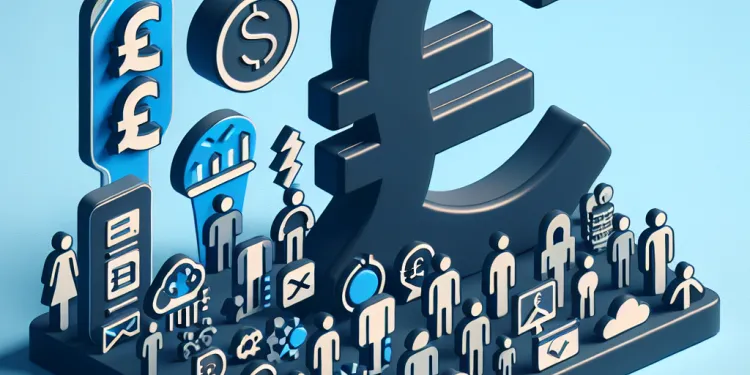
What is the energy price cap?
Relevance: 57%
-

How often is the energy price cap reviewed?
Relevance: 57%
-
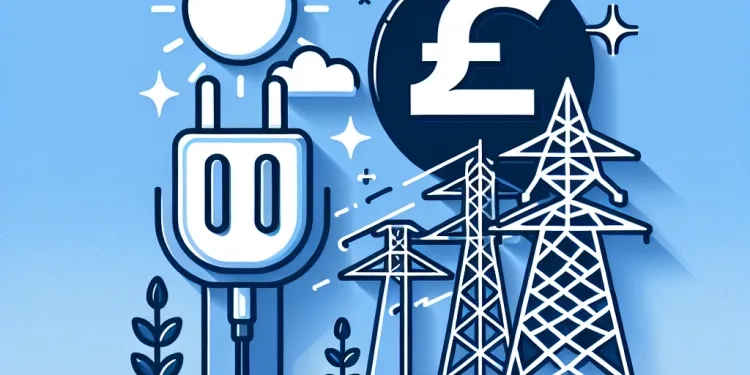
When was the energy price cap introduced?
Relevance: 55%
-
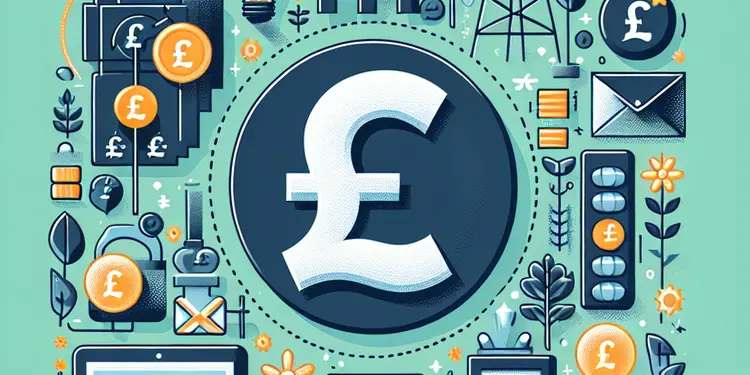
Are prepayment electricity tariffs more expensive?
Relevance: 54%
-
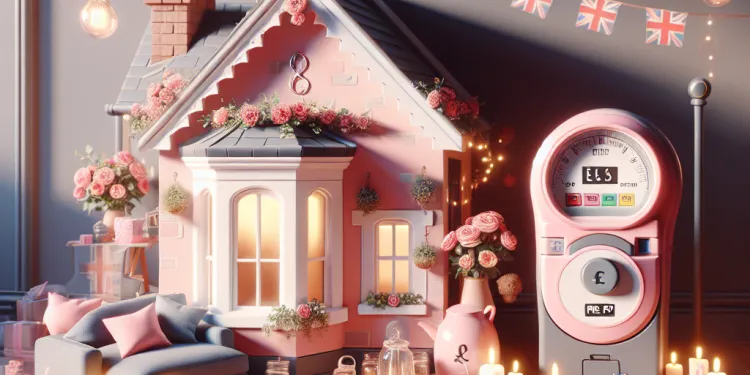
Can I get the Warm Home Discount if I use a pre-pay meter?
Relevance: 53%
-

How does the energy price cap affect my energy bills?
Relevance: 52%
-
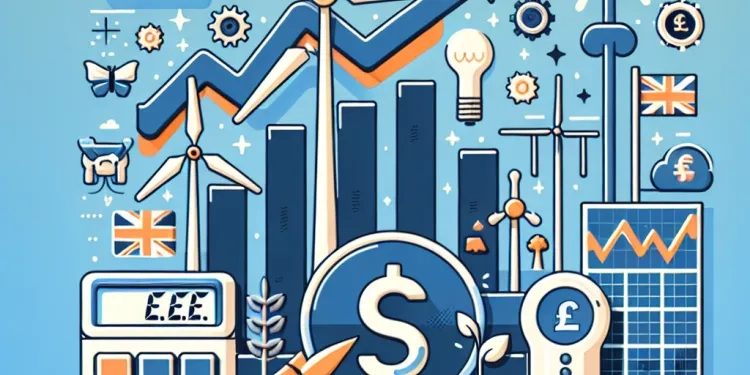
What factors influence changes to the energy price cap?
Relevance: 52%
-
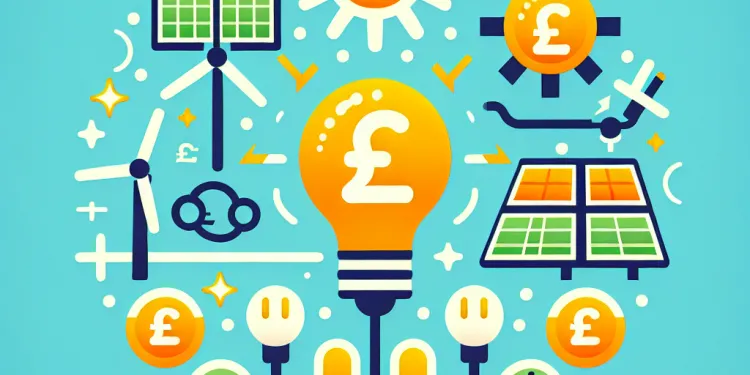
How does the energy price cap affect green energy tariffs?
Relevance: 51%
-
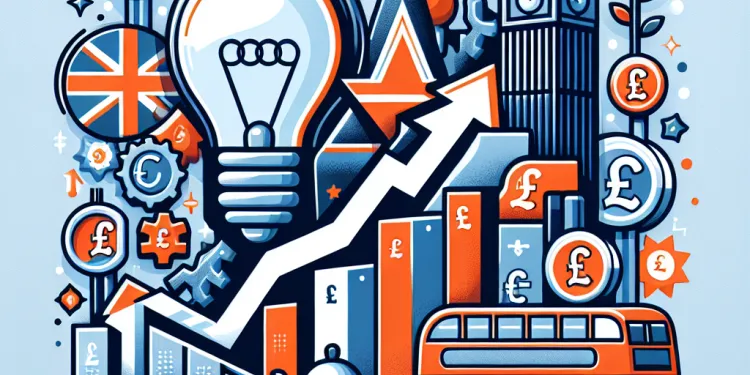
Is the energy price cap being reviewed due to market changes?
Relevance: 51%
-
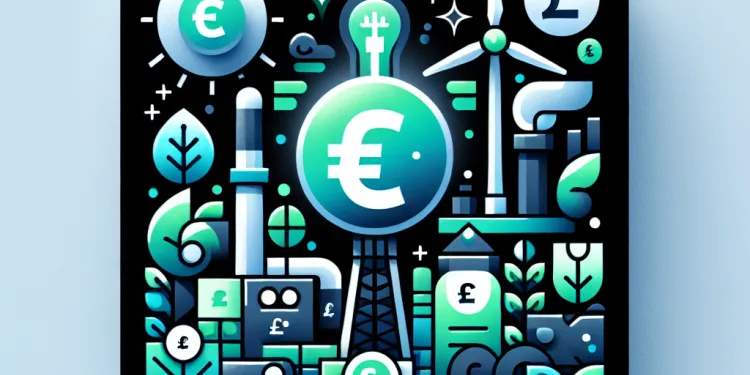
Where can I find more information about the energy price cap?
Relevance: 50%
-
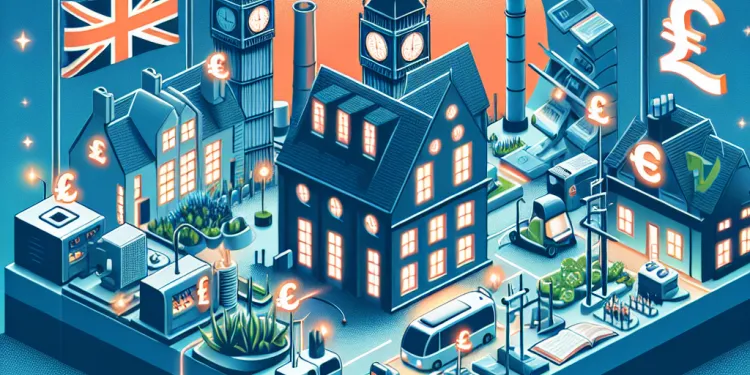
Can energy suppliers charge less than the price cap?
Relevance: 49%
-

What happens if my energy supplier charges above the price cap?
Relevance: 49%
-
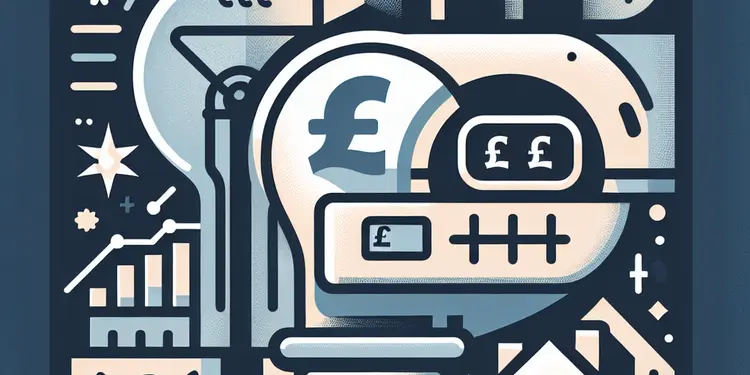
Are energy prices regulated in the UK?
Relevance: 49%
-
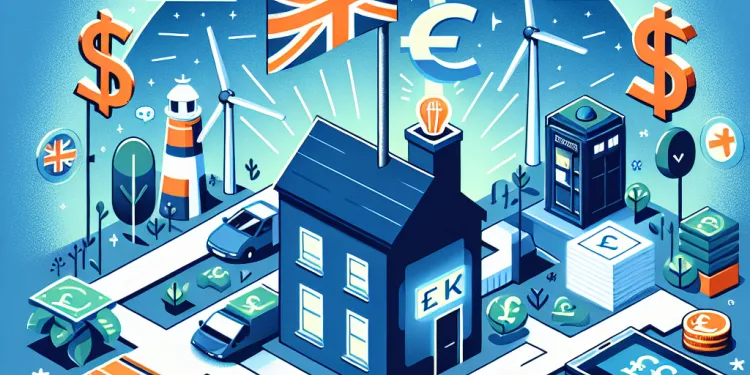
Can I still save money by switching suppliers if the price cap is in place?
Relevance: 43%
-

Who sets the energy price cap?
Relevance: 40%
-
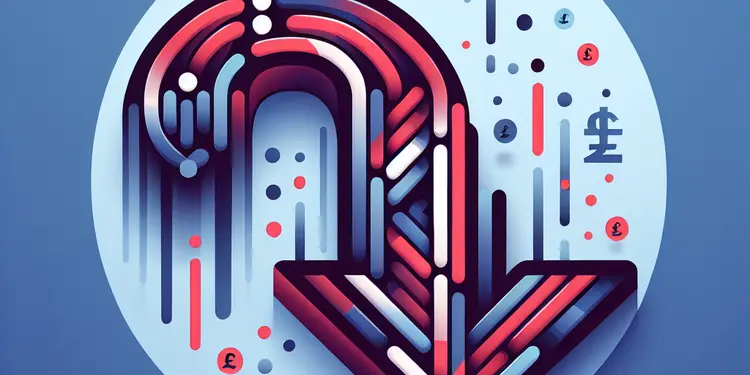
When was the last significant decrease in UK energy prices?
Relevance: 36%
-
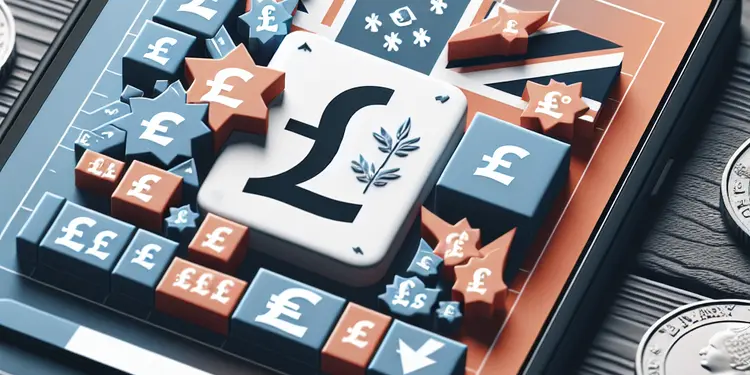
How can government intervention affect energy prices?
Relevance: 35%
-
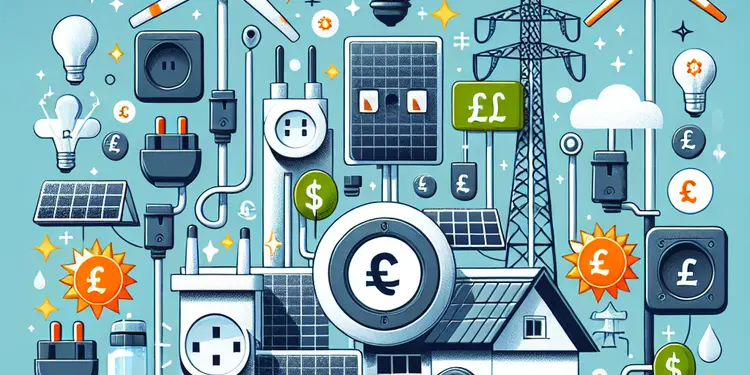
How often do energy companies review their electricity prices?
Relevance: 35%
-
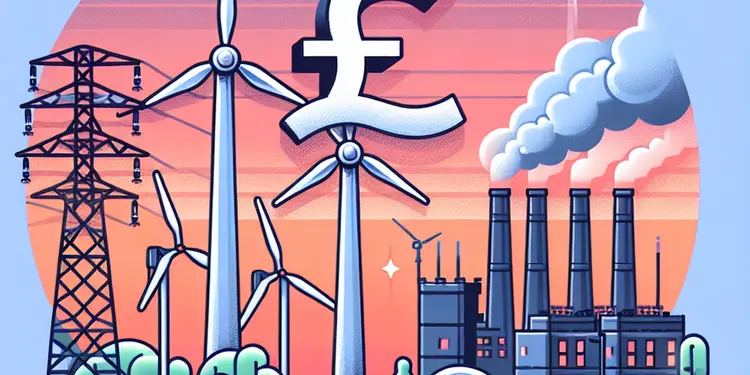
Do all UK energy companies cahrge the same for electricity
Relevance: 34%
-
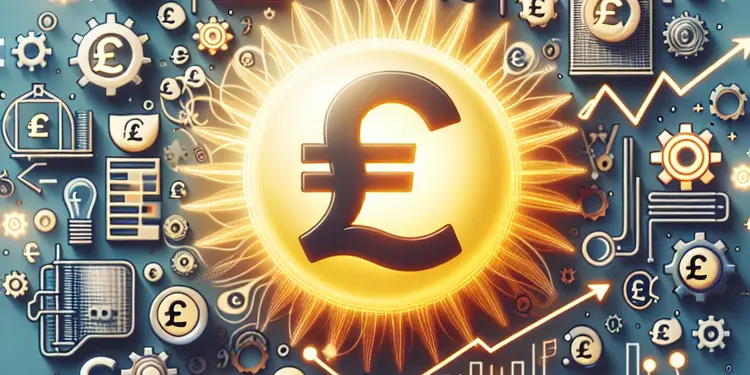
Have energy prices in the UK historically fluctuated?
Relevance: 33%
-
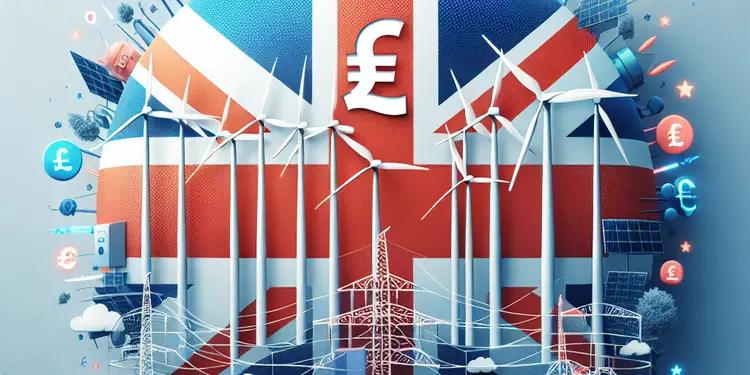
How does global energy demand affect UK energy prices?
Relevance: 33%
-
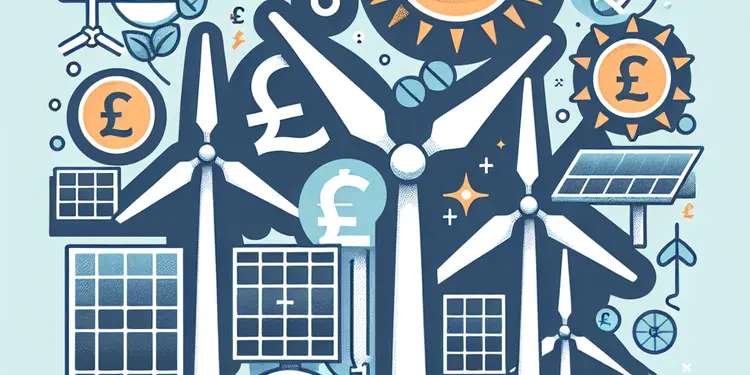
What role do renewable energy sources play in energy pricing?
Relevance: 33%
-
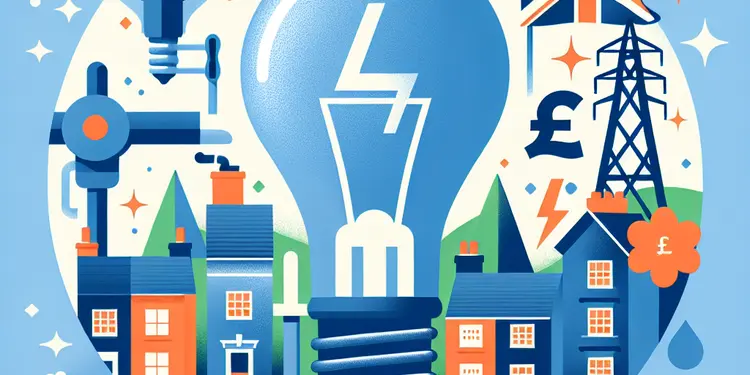
What factors influence the difference in electricity prices among UK energy companies?
Relevance: 33%
-
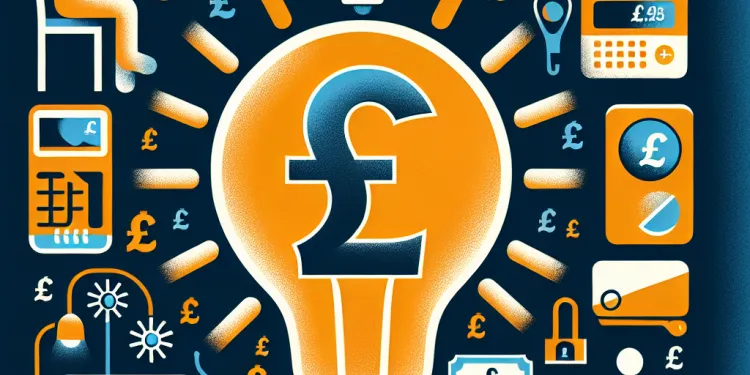
Energy Prices Set to Rise: How to Keep Your Bills Down
Relevance: 31%
-
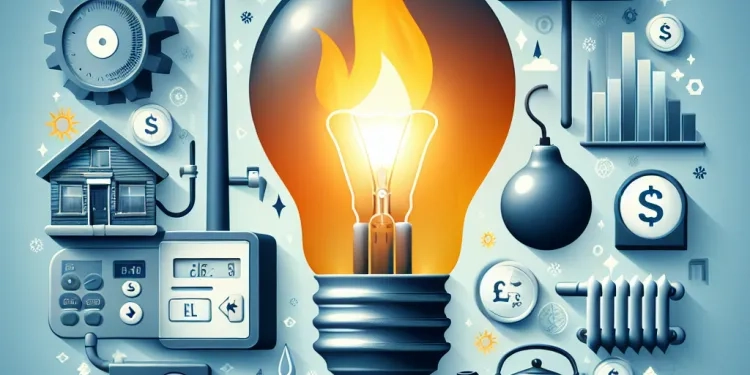
Impact of Rising Energy Prices on Household Budgets
Relevance: 31%
-
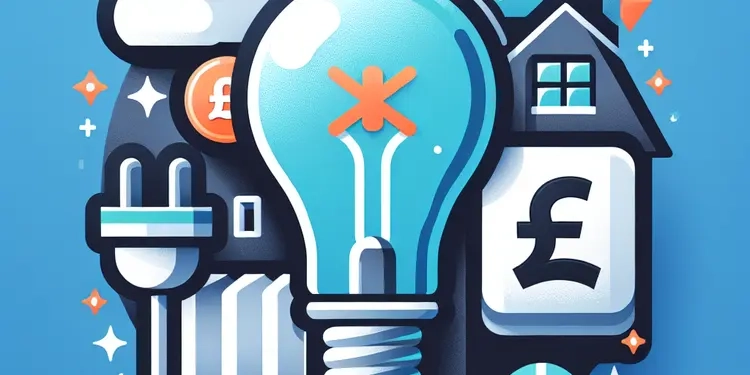
Do all UK energy companies charge the same for electricity?
Relevance: 30%
-
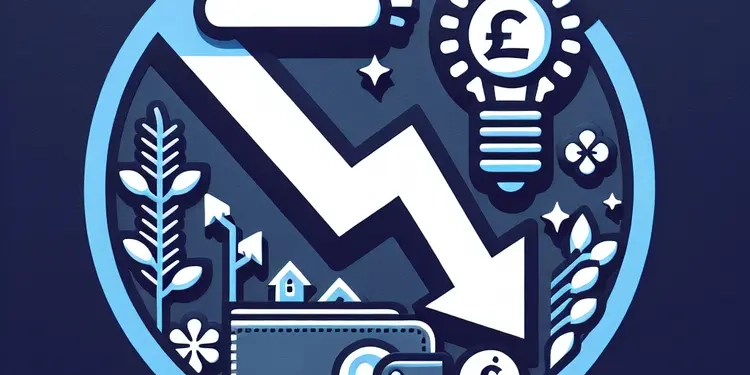
When will energy bills come back down in the UK?
Relevance: 30%
-
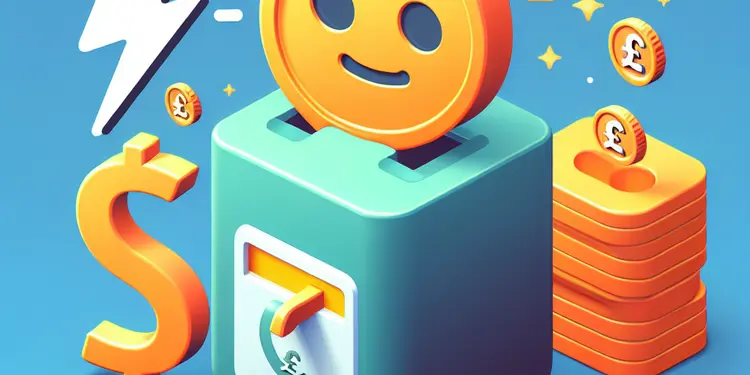
Do energy suppliers offer discounts on electricity prices?
Relevance: 30%
-
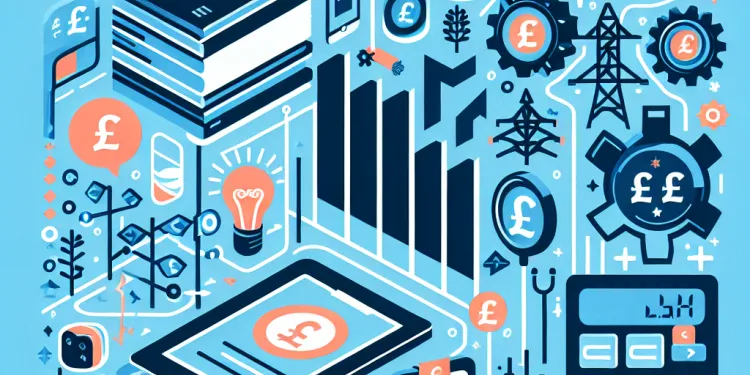
What should I do if my energy bill is unexpectedly high?
Relevance: 30%
-
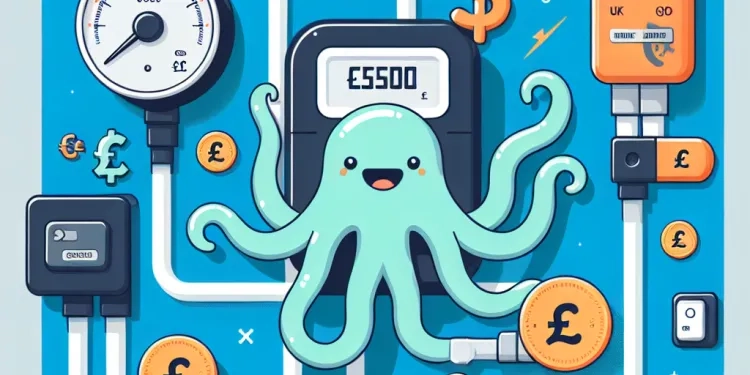
Are prepayment meter customers eligible for Ofgem compensation with Octopus Energy?
Relevance: 28%
-
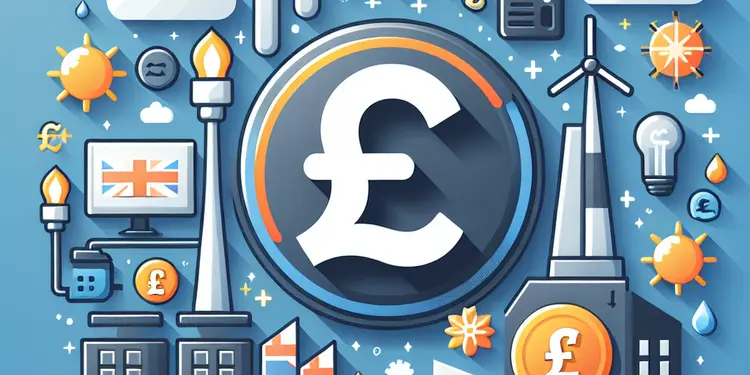
How can I choose the right energy supplier?
Relevance: 28%
Introduction to Energy Price Cap for Prepayment Meters
The energy price cap is a safeguard for consumers in the UK, limiting the amount suppliers can charge for each unit of energy. It ensures that prices remain fair and reflect changes in the underlying cost of supplying energy. The cap is set by the energy regulator, Ofgem, and is intended to protect consumers from excessive charges while allowing suppliers to pass on legitimate cost increases.
How the Energy Price Cap Works
The energy price cap is reviewed and updated by Ofgem twice a year. It applies to standard variable and default tariffs, which are often the default option for those who have not secured a fixed-price deal. The cap takes into account wholesale energy costs, network costs, and various policy costs that suppliers incur in delivering energy to customers.
Relevance to Prepayment Meters
The energy price cap does indeed apply to prepayment meters. People using prepayment meters are often some of the most vulnerable consumers, so it is crucial that the cap includes these tariffs to offer protection against steep price hikes. Ofgem provides a separate level of price cap for prepayment meters, which is calculated similarly to the one for standard variable tariffs but adjusted to reflect the costs specific to prepayment.
Calculation of the Cap for Prepayment Meters
For those using prepayment meters, the cap takes into account various factors that affect the cost structure for these tariffs. This includes the operational costs associated with prepayment meters, such as infrastructure and maintenance. Suppliers typically face different cost dynamics with prepayment meters compared to credit meters, influencing the cap set by Ofgem. Despite often running slightly higher than credit tariffs due to these added costs, the cap still offers much-needed protection.
Impact on Consumer Bills
Under the price cap, the average annual bill for a dual fuel prepayment customer is limited, although exact amounts vary with actual usage and regional cost differences. While the cap ensures a maximum per unit of energy, overall bills can fluctuate based on how much energy a household consumes. The goal is to protect consumers from unfair pricing, but energy efficiency measures and mindful usage are still encouraged to manage costs effectively.
Conclusion
In summary, the energy price cap applies to prepayment meters, offering crucial protection to consumers potentially at risk of high energy costs. It provides a measure of stability and fairness in pricing, while still reflecting the actual costs suppliers face. Consumers using prepayment meters should check regularly for updated cap levels and consider whether alternative tariffs or meters could offer better value for their specific circumstances.
What is the Energy Price Cap for Prepayment Meters?
The energy price cap helps keep energy costs fair in the UK. It stops companies from charging too much for energy. An organization called Ofgem sets this cap. It makes sure that energy prices stay fair and match the real cost of providing energy. This cap helps consumers pay a fair price and lets companies cover their costs.
How Does the Energy Price Cap Work?
Ofgem looks at energy prices twice a year and updates the cap. The cap is for standard and default tariffs, which are common if you haven't chosen a fixed-price plan. Ofgem checks how much energy supplies cost, like gas and electricity, and also what it costs to deliver energy to homes. This helps them set the cap.
Why Prepayment Meters Are Included
The energy price cap also includes prepayment meters. People using these meters might find it harder to pay bills, so the cap helps protect them. Ofgem makes sure this cap is fair for people with prepayment meters. This cap helps keep prices down for those using these meters.
How Is the Cap Set for Prepayment Meters?
The cap for prepayment meters includes special costs, like keeping the meters working. These costs are different from regular payment setups. Even though prepayment meter costs can be a bit higher, the cap still protects people from paying too much. Ofgem sets this cap to include important costs for these meters.
How Does the Cap Affect Your Energy Bills?
The price cap sets a limit on how much you pay for energy each year. But your bill still depends on how much energy you use and where you live. The cap helps stop unfair prices, but you can save more by using less energy. Make sure to switch off unused lights or use energy-efficient appliances to keep bills lower.
Summary
In short, the energy price cap protects people using prepayment meters. It helps keep energy prices fair and balanced. Check the cap levels from time to time and see if there are better payment plans for you. This can help you manage your energy costs in the best way possible.
Frequently Asked Questions
What is the energy price cap?
The energy price cap is a government-imposed limit on the cost of energy per unit, aimed at protecting consumers from excessively high charges.
Does the energy price cap apply to prepayment meters?
Yes, the energy price cap does apply to prepayment meters, helping to ensure that users are not overcharged for their energy.
How does the energy price cap benefit users of prepayment meters?
It limits the maximum amount that energy suppliers can charge per unit, making energy more affordable for prepayment meter users.
Are prepayment meters more expensive than other types of billing?
Traditionally, prepayment meters can be more expensive, but the price cap helps to reduce the disparity.
How often is the energy price cap reviewed?
The energy price cap is typically reviewed every six months, though this can vary depending on regulatory decisions.
What costs does the energy price cap cover?
It covers the cost of energy per unit, standing charges, and certain other costs associated with energy supply.
Can energy suppliers charge more than the cap for prepayment meters?
No, suppliers cannot charge more than the set cap per unit for prepayment meter tariffs.
Does the cap vary between different regions?
The cap might have slight regional variations due to local network charges, but it is generally set at a national level.
Is there a separate cap for electricity and gas?
Yes, the energy price cap is typically applied separately to electricity and gas tariffs.
Who sets the energy price cap?
The energy price cap is set by the energy regulator, often Ofgem in the UK.
What should I do if my supplier charges more than the cap?
You should contact your supplier to dispute the charge, and you may also report them to the energy regulator.
Does the energy price cap affect energy usage?
While the cap helps manage costs, it does not directly impact how much energy a household uses.
Can I switch from a prepayment meter to a standard credit meter?
Yes, but this typically requires contacting your supplier and may involve costs or credit checks.
Do all energy suppliers adhere to the price cap?
All suppliers are legally required to adhere to the price cap for applicable tariffs.
How do I know if my tariff is governed by the energy price cap?
Your supplier is required to inform you if your tariff is subject to the cap through your bill or account information.
What happens if the price cap is removed?
If the cap were removed, suppliers would have more freedom to set prices, which could lead to higher costs.
Why was the energy price cap introduced?
The price cap was introduced to protect consumers from unfair pricing and to ensure competitive fairness.
Does the cap mean I have the cheapest energy deal?
Not necessarily; while it caps prices, shopping around for fixed tariffs could yield better deals.
How do I apply for a prepayment meter tariff change?
Contact your energy supplier to discuss available tariff options, including any changes subject to the cap.
Are there any plans to change how the cap affects prepayment meters?
Any changes to the cap, including its application to prepayment meters, would be announced by the energy regulator.
What is the energy price cap?
The energy price cap is a limit. It tells us the most we can pay for gas and electricity. It helps to keep energy bills fair. This means energy companies can't charge too much.
If reading is hard, you can:
- Use pictures or drawings to help understand.
- Ask someone to read with you.
- Listen to someone explain the words.
The energy price cap is a rule made by the government. It stops energy prices from getting too high. This helps people not pay too much money for their energy.
Does the Energy Price Cap Affect Prepayment Meters?
If your energy uses a prepayment meter, the price cap can help you. This cap limits how much energy companies can charge you for each unit of energy. The cap helps keep your energy costs down.
Tools to help:
- Ask a friend or family member to explain more about energy bills.
- Use websites with simple words to learn about energy caps.
Yes, there is a limit on how much you pay for energy. This helps make sure people with prepayment meters don’t pay too much for their energy.
If you find it hard to understand or need help, you can ask someone you trust to explain it to you. You can also use things like simple reading apps or videos to learn more.
How does the energy price cap help people who use prepayment meters?
The energy price cap is a limit. It stops energy companies from charging too much money.
If you use a prepayment meter, the cap can help you. It makes sure your energy costs are fair.
Here are some tools and tips to help you:
- Use a simple budget planner to keep track of your money.
- Check if you can get help paying your energy bills.
- Ask someone you trust if you need help understanding your bill.
This rule stops energy companies from charging too much. It helps make sure people with prepayment meters pay less for energy.
Do prepayment meters cost more than other ways to pay for energy?
Prepayment meters can be more costly than paying with a monthly bill.
With a prepayment meter, you pay for your gas and electricity before you use it.
You might pay more with a prepayment meter compared to paying each month or using direct debit.
If you find prepayment meters difficult, you can use tools like a budget planner.
Ask someone you trust to help you understand bills and find the best way to pay.
Prepayment meters used to cost more money. But now, there is a price limit that helps make them cheaper.
If you find reading hard, try using tools that read the text out loud or highlight words as you read. These can make reading easier!
How often do they check the energy price limit?
Every six months, the government usually checks the rules about how much people pay for energy. But sometimes, they might check sooner if needed.
What does the energy price cap pay for?
The energy price cap is a limit on how much money you pay for gas and electricity.
It helps keep your bills lower if the cost of energy goes up.
The cap covers things like:
- How much you pay for each unit of energy you use.
- Some other costs that energy companies have.
If reading is hard, you can:
- Ask someone to read this with you.
- Use a computer or tablet to read it out loud.
- Break the text into smaller parts to make it easier to understand.
It pays for the cost of energy, the basic service fee, and some other energy-related costs.
Can energy companies charge extra for prepayment meters?
No, the people who give you gas and electricity can't charge you more than the highest set price for each unit if you use a prepayment meter.
Is the cap different in each area?
The cap might be a little different in some areas because of local network costs, but it is usually the same across the whole country.
Are there different limits for electricity and gas?
Let's learn about something important!
Did you know there are rules about how much money you pay for electricity and gas? These are called "limits."
Sometimes, the limits for electricity and gas can be different. That means the amount you can be charged for each one might not be the same.
If you need help understanding this, you can ask someone to explain it to you, like a family member or friend.
Using pictures or videos can also help you learn this information better!
Yes, there is a separate limit for how much you pay for electricity and gas.
Who decides the highest energy price?
A group called the energy regulator decides how much energy companies can charge. They make sure prices are fair.
If you need help reading, you can ask someone to read it to you. You can also use apps that read out loud.
The energy price cap is the maximum amount that can be charged for energy. It is decided by a group that looks after energy rules, often called Ofgem in the UK.
What can I do if my supplier asks for too much money?
If your supplier wants more money than agreed, you can ask for help. Here are some things you can try:
- Check your contract or papers to see what the right price is.
- Talk to your supplier and tell them about the mistake.
- If you are still stuck, ask someone else to help. You can ask a friend or call a helpline for advice.
- You can also use a money calculator online to check if the price is correct.
Remember, it is okay to ask for help if something does not feel right. You do not have to do it alone.
You should talk to your energy company if you think the bill is wrong. You can also tell the energy boss about it. They are the people who check the energy companies.
Does the energy price cap change how much energy people use?
The cap helps keep prices low, but it does not change how much energy your home uses.
Can I change my prepayment meter to a normal meter?
You can ask your energy company to change your prepayment meter to a normal meter. A normal meter lets you pay for your energy after you use it.
- Contact your energy company and ask if they can change your meter for you.
- Sometimes, you might need to pass a credit check.
- If you owe money, you may need to pay off your debt first.
Tools that might help:
- Ask a friend or family member to help you with the call.
- Have a list of questions ready to ask the energy company.
Yes, you can do this. But, you will usually need to talk to your supplier. It might cost money or they might need to check your credit.
Do all energy companies follow the price limit?
Energy companies have a rule on the highest price they can charge. This is called a "price cap" or "price limit."
Most energy companies follow this limit, but it's good to check and make sure. You can ask for help if you're not sure about your bill or the prices. You can also use tools like comparison websites to see if you're paying the right amount.
All companies that sell gas and electricity must follow the rules about the highest price they can charge for certain plans.
How can I tell if the energy price cap affects my tariff?
To see if your energy price is controlled by the energy price cap:
- Look at your bill or letters from your energy company.
- Check if it talks about "energy price cap" or "price cap protection."
- Ask your energy company for help if you are not sure.
You can also:
- Use a magnifying glass to read small text.
- Have someone you trust read the information with you.
Your energy company must tell you if your tariff has a price cap. They should let you know in your bill or account details.
What happens if there is no more price cap?
A price cap is a rule. It stops prices from getting too high.
If there is no price cap, prices might go up. This means you may have to pay more money for things.
Here are some ways to get help:
- Ask someone to explain things.
- Use a calculator to check costs.
- Look for price comparison websites to find the best prices.
If the price limit is gone, sellers could raise prices. This might mean things cost more money.
What is the energy price cap for?
The energy price cap helps keep energy costs fair. It stops energy companies from charging too much money for gas and electricity.
If you find reading hard, you can ask someone to read this to you. You can also use apps that read text out loud.
The price cap helps people by stopping unfair prices. It makes sure prices stay fair and helps companies compete fairly.
Is the energy cap the lowest price I can pay?
No, not always. The price cap helps keep costs down, but you might find better deals if you look for different price plans.
How can I change the price plan for my prepayment meter?
Do you want to change how much you pay for energy with your prepayment meter? Here is how you can do it:
- Call your energy company: Find the phone number for your energy company on a bill or their website. Ask them to help you change your meter's price plan.
- Use their website: Go to your energy company's website. They might have an online form or a way to chat with someone who can help.
- Visit a service center: Some energy companies have offices you can visit. You can ask the staff there to help you.
If some words are hard to read, you can use a ruler or your finger to keep your place when reading. You can also ask a friend or family member to help you understand what to do.
Talk to your energy company. They can help you find the best prices. They will tell you if prices might change.
Will anything change about how the cap works for prepayment meters?
If there are any changes to the energy limit, like how it works for prepayment meters, the energy boss will tell everyone.
Useful Links
This website offers general information and is not a substitute for professional advice.
Always seek guidance from qualified professionals.
If you have any medical concerns or need urgent help, contact a healthcare professional or emergency services immediately.
- Ergsy carfully checks the information in the videos we provide here.
- Videos shown by Youtube after a video has completed, have NOT been reviewed by ERGSY.
- To view, click the arrow in centre of video.
- Most of the videos you find here will have subtitles and/or closed captions available.
- You may need to turn these on, and choose your preferred language.
- Go to the video you'd like to watch.
- If closed captions (CC) are available, settings will be visible on the bottom right of the video player.
- To turn on Captions, click settings .
- To turn off Captions, click settings again.
More Items From Ergsy search
-

Does the energy price cap apply to prepayment meters?
Relevance: 100%
-

Is the energy price cap the same for everyone?
Relevance: 72%
-

Does the energy price cap apply to all energy tariffs?
Relevance: 72%
-

How is the energy price cap calculated?
Relevance: 64%
-

What is the Energy Price Cap in the UK?
Relevance: 63%
-

What is the UK's energy price cap?
Relevance: 63%
-

Why was the energy price cap introduced?
Relevance: 62%
-

Can the energy price cap go down as well as up?
Relevance: 59%
-

Does the energy price cap guarantee my total bill?
Relevance: 57%
-

What is the energy price cap?
Relevance: 57%
-

How often is the energy price cap reviewed?
Relevance: 57%
-

When was the energy price cap introduced?
Relevance: 55%
-

Are prepayment electricity tariffs more expensive?
Relevance: 54%
-

Can I get the Warm Home Discount if I use a pre-pay meter?
Relevance: 53%
-

How does the energy price cap affect my energy bills?
Relevance: 52%
-

What factors influence changes to the energy price cap?
Relevance: 52%
-

How does the energy price cap affect green energy tariffs?
Relevance: 51%
-

Is the energy price cap being reviewed due to market changes?
Relevance: 51%
-

Where can I find more information about the energy price cap?
Relevance: 50%
-

Can energy suppliers charge less than the price cap?
Relevance: 49%
-

What happens if my energy supplier charges above the price cap?
Relevance: 49%
-

Are energy prices regulated in the UK?
Relevance: 49%
-

Can I still save money by switching suppliers if the price cap is in place?
Relevance: 43%
-

Who sets the energy price cap?
Relevance: 40%
-

When was the last significant decrease in UK energy prices?
Relevance: 36%
-

How can government intervention affect energy prices?
Relevance: 35%
-

How often do energy companies review their electricity prices?
Relevance: 35%
-

Do all UK energy companies cahrge the same for electricity
Relevance: 34%
-

Have energy prices in the UK historically fluctuated?
Relevance: 33%
-

How does global energy demand affect UK energy prices?
Relevance: 33%
-

What role do renewable energy sources play in energy pricing?
Relevance: 33%
-

What factors influence the difference in electricity prices among UK energy companies?
Relevance: 33%
-

Energy Prices Set to Rise: How to Keep Your Bills Down
Relevance: 31%
-

Impact of Rising Energy Prices on Household Budgets
Relevance: 31%
-

Do all UK energy companies charge the same for electricity?
Relevance: 30%
-

When will energy bills come back down in the UK?
Relevance: 30%
-

Do energy suppliers offer discounts on electricity prices?
Relevance: 30%
-

What should I do if my energy bill is unexpectedly high?
Relevance: 30%
-

Are prepayment meter customers eligible for Ofgem compensation with Octopus Energy?
Relevance: 28%
-

How can I choose the right energy supplier?
Relevance: 28%


